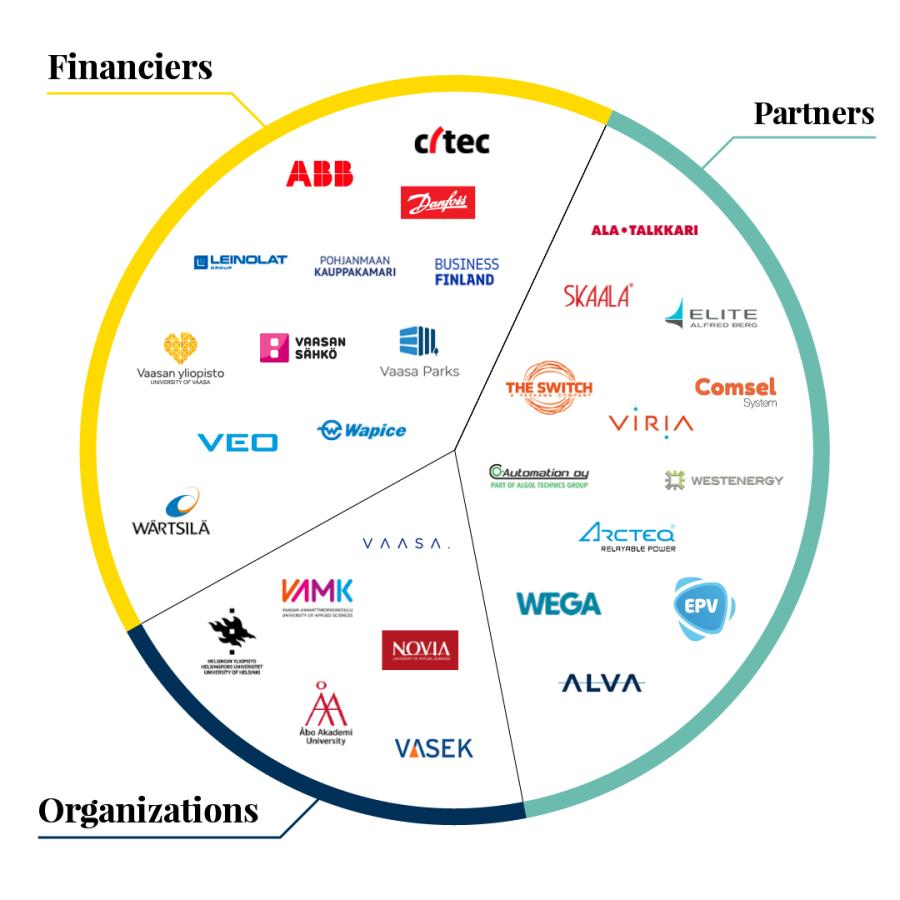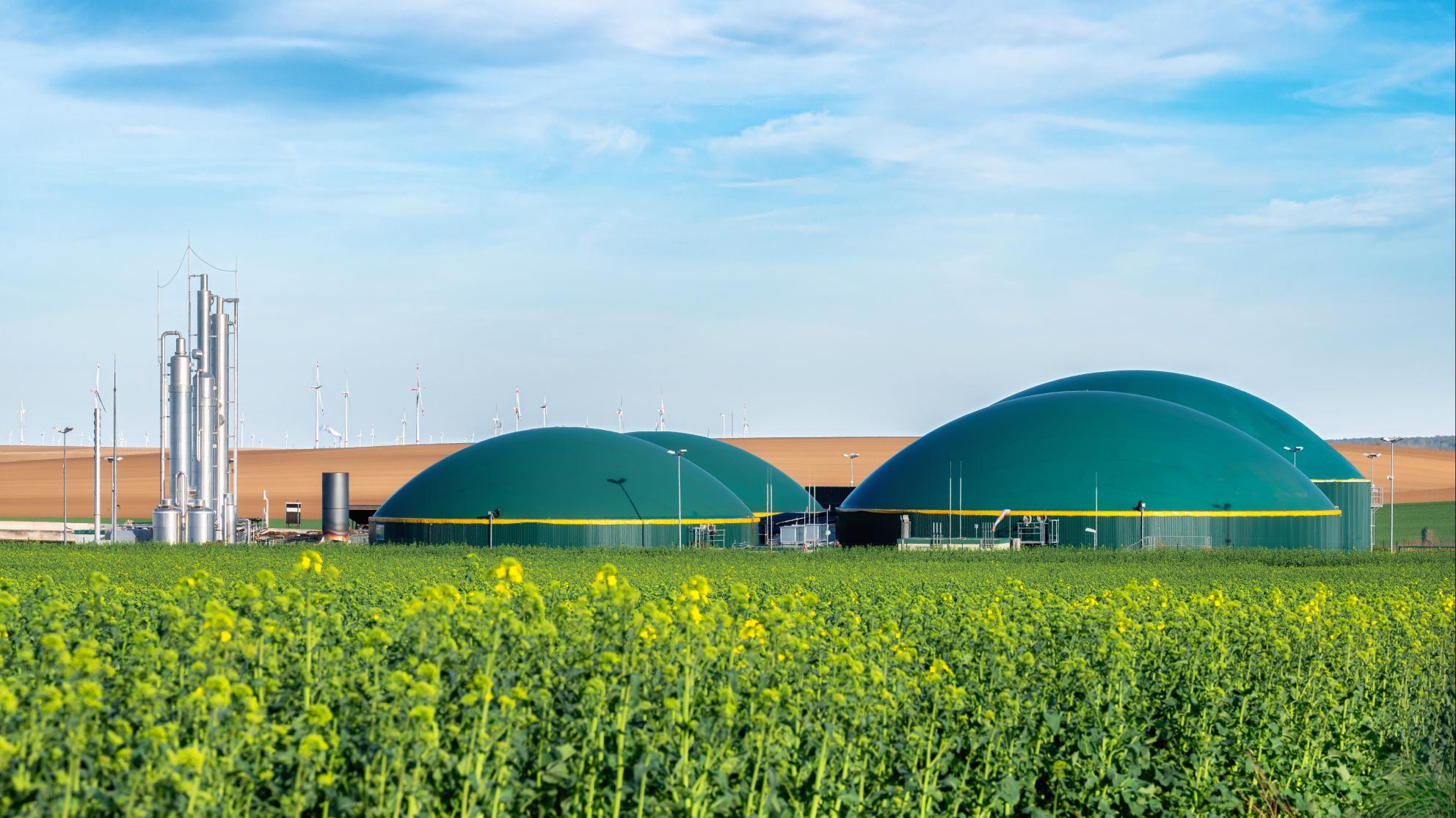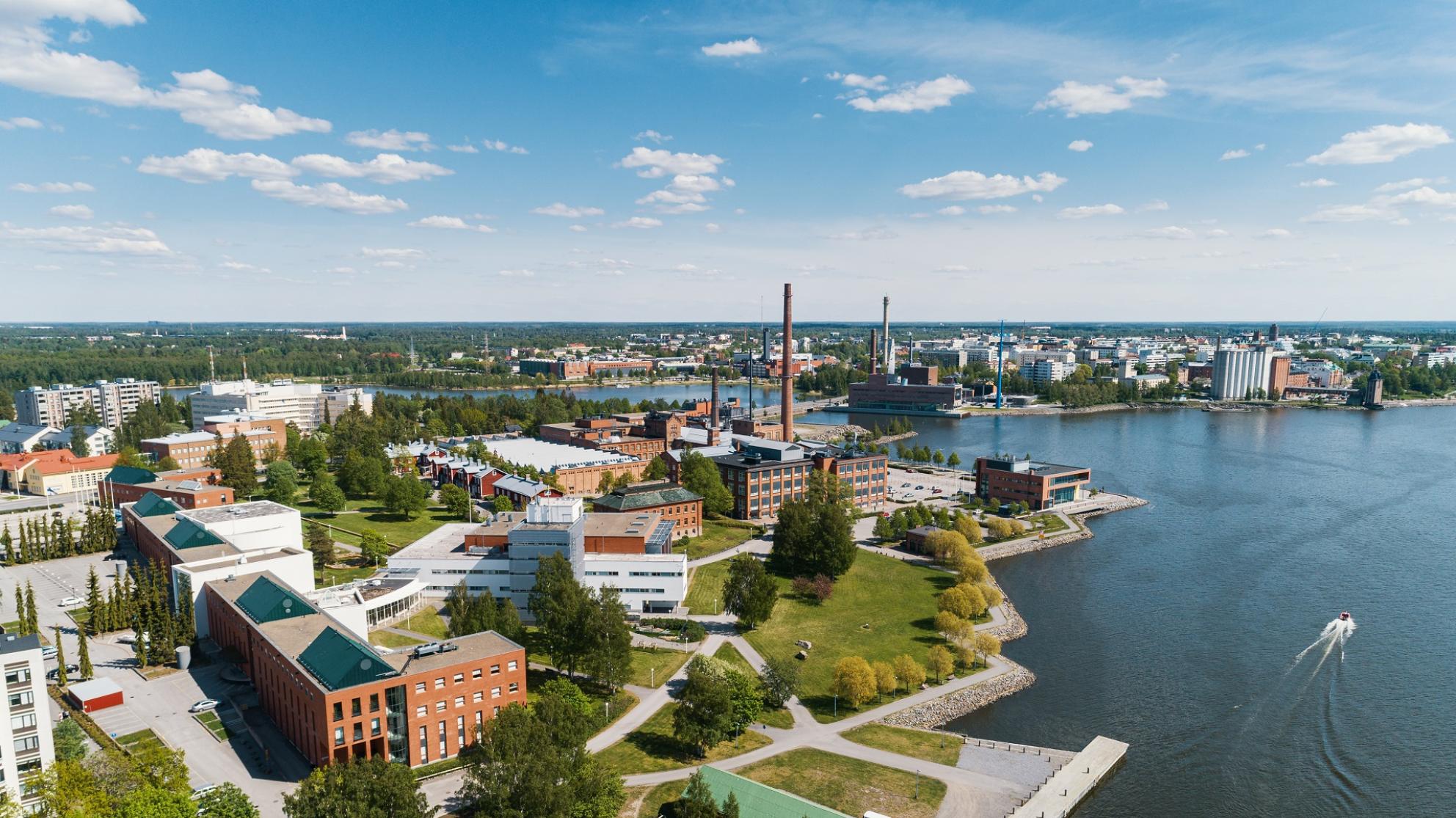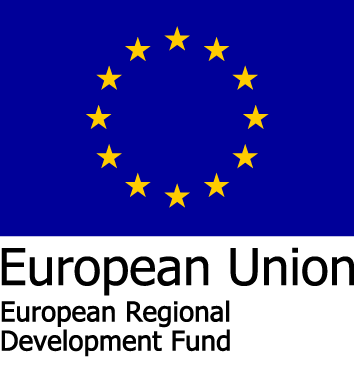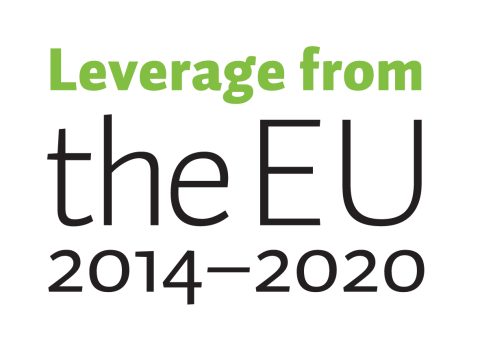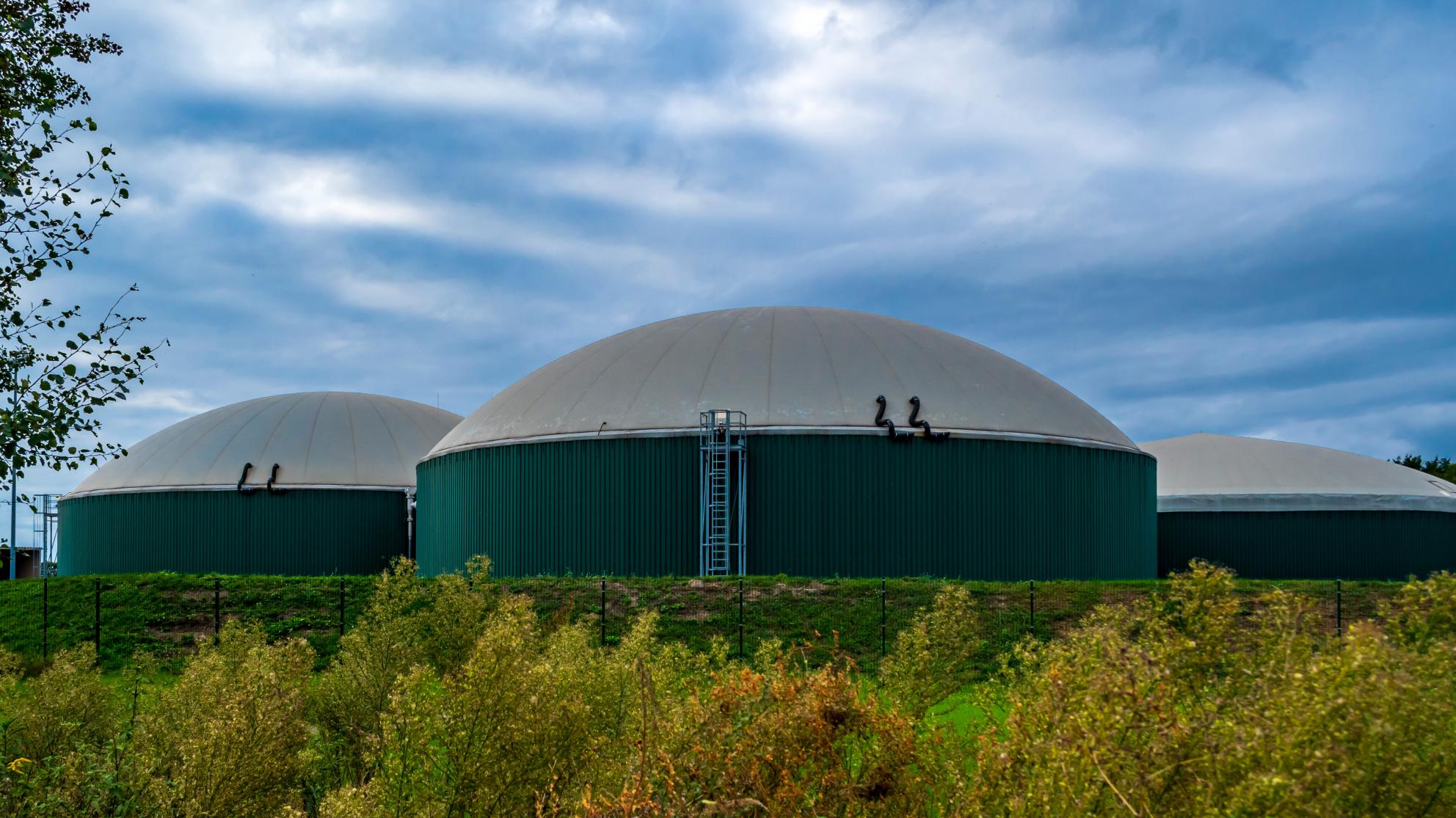
VEBIC

A multidisciplinary research platform
VEBIC contributes to climate change mitigation by promoting sustainable, just energy transition through impactful, multidisciplinary research. It collaborates closely with its stakeholders to achieve a broader business and societal impact for research at all pertinent levels.
Research programmes
VEBIC work is organised in two interacting research programmes: Future Resilient Energy Systems and Energy Transition Management.
- Future Resilient Energy Systems
-
Future Resilient Energy Systems (FRES) is a research programme that explores the energy transition from a technological point of view. FRES enhances RDI work on low CO2 emission energy production technologies, smart grids and flexible energy resources in the context of future integrated energy systems interconnecting different energy vectors into the electrical grid. In the low CO2 emission energy production technologies research work focuses mainly on internal combustion engine and biogas based power plants, their grid integration, and on alternative gaseous fuels and their usage in energy production and in transportation.
In Smart Grids, RDI work focus lies on advanced ICT based protection, fault management and condition monitoring solutions, as well as cyber – physical security & resiliency and IEC 61850.
In flexible energy resources RDI focus is on control of distributed energy resources (DER) inverter interfaces, energy storage applications, flexibility services, sector coupling, microgrids / energy communities, as well as new market structures. The FRES programme collaborates closely with VEBIC’s energy transition management oriented ETM Programme.
- Energy Transition Management
-
Energy Transition Management (ETM)is a new research programme that explores energy transition from multiple angles and perspectives, emphasising on the behavioral, strategic, technological, social, economic, political, and regulative aspects of the transition towards a more sustainable and resilient energy system.
Energy transition is considered a systemic, multi-level phenomenon, where the transition is embedded and depends on the complex relationships and interactions of different stakeholders. At the micro-level, the RDI-efforts are directed to business innovation and the emergence of future energy markets and technologies, especially related to consumer behavior, business model and business innovation, change management, and strategy implementation and practices.
At the meso-level, the focus is on industry architecture and technological innovation, including sustainable ecosystems, value systems, and solutions and technologies. Finally, the energy transition is approached as a socio-technical system at the macro-level, where systemic transition, system resilience and regeneration, and environmental, financial, and policy innovations are key research themes. The ETM programme collaborates closely with VEBIC’s more technologically oriented Future Resilient Energy systems programme.
Extensive collaboration network
VEBIC collaborates closely with the different stakeholders within the Vaasa Energy cluster. In addition to research and development related collaboration and co-creation, shared understanding and mutual interest are visible in VEBIC’s advisory board. The advisory board consists of the key industrial companies, research organisations and municipal actors within the local ecosystem.
Financing partners: ABB, Citec, Danfoss/Vacon, Leinolat, Pohjanmaa Chamber of Commerce, Business Finland (Tekes), University of Vaasa, Vaasan Sähkö, Vaasa Parks, VEO, Wapise, Wärtsilä Finland
Company partners: Veljekset Ala-Talkkari Oy, Skaala IFN Oy, EAB Group Oyj, The Switch, Viria, Comsel Systems Oy, ALVA, Arcteq Oy, Westenergy Oy, Wega, EPV Energia Oy, Jyväskylän Energia
Other organisations: Vaasan kaupunki, Vaasan ammattikorkeakoulu, Novia, Helsinging yliopisto, Åbo Akademi, VASEK
Latest updates
Projects
| Project | Duration | Actors |
|---|---|---|
| InnoWind Innovative Offshore Wind Power Infrastructure Service and Maintenance Business | - | Digital Economy, VEBIC, Technology and Innovations, Smart electric systems, Cyber-Physical Systems |
| Carbon neutral, fair and sustainable energy communities in South Ostrobothnia | - | VEBIC |
| Development of the regional energy system in Ostrobothnia | - | VEBIC, Technology and Innovations, Marketing and Communication, Management |
| Hydrogen economy in South Ostrobothnia | - | VEBIC |
| Future Proof | - | Technology and Innovations, VEBIC, Efficient Powertrain Solutions |
| DigiBiogasHubs – Flexible and scalable biogas business through digitally connected biogas Hubs | - | VEBIC, Management, Strategic business development |
| DAZE - Data Analytics for Zero Emission Marine | - | VEBIC, Digital Economy, Technology and Innovations, Renewable energy, Efficient Powertrain Solutions |
| KvarkenData | - | InnoLab, Digital Economy, VEBIC |
| NextGen | - | Technology and Innovations, VEBIC, Networked value systems NeVS, SC-Research |
| Green Battery | - | VEBIC |
Contact us
Research platform's coordinator

Kimmo Kauhaniemi
Other leadership team members

Mona Enell-Nilsson

Raine Hermans

Vanja Piljak

